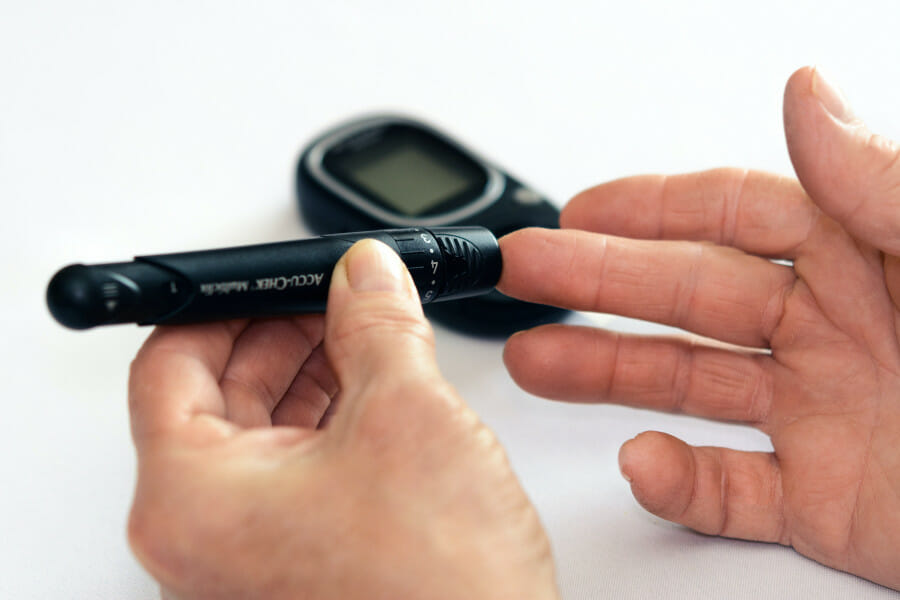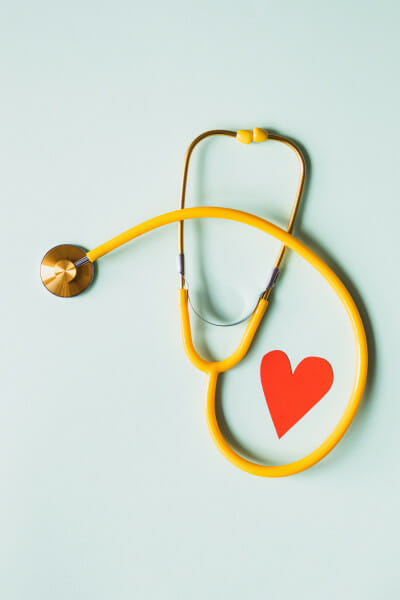3 Silent Attacker Diseases You Need To Be Aware Of
Your body can indicate diseases through symptoms so you can take prompt action. However, some diseases may not show clear signs until they have caused significant damage. It’s crucial to be aware of these silent diseases to protect yourself. What are these diseases and how do they affect you? Here are three silent but dangerous diseases you should watch out for.
1. Type 2 Diabetes
In Type 2 diabetes, the body doesn’t respond well to insulin, leading to high blood sugar levels. Data from the CDC shows that more than 34 million Americans have diabetes, with 95% having Type 2. This chronic condition affects individuals of various ages and may initially present with mild symptoms like increased thirst, fatigue, and blurred vision. However, as the disease progresses, complications such as slow healing sores and neuropathy can develop.
While there is no cure for Type 2 diabetes, it can be managed if caught early. Monitoring blood sugar levels regularly, focusing on a healthy diet rich in fiber and complex carbs, and engaging in daily physical activity are key steps to control blood sugar levels. Adequate sleep, regular blood glucose checks, and stress management are also recommended to prevent complications.
 Image by PhotoMIX Company via Pexels[/caption>
Image by PhotoMIX Company via Pexels[/caption>
2. Hypertension
Hypertension, or high blood pressure, occurs when blood pressure levels rise, potentially leading to heart attacks or strokes. According to the American Heart Association, 47% of American adults have hypertension, resulting in 494,873 deaths. It can lead to heart and kidney failure due to severe damage to blood vessels in vital organs like the brain, heart, and kidneys.
Managing hypertension involves adopting a heart-healthy lifestyle, including reducing salt and fat intake, consuming potassium-rich foods, maintaining a healthy weight through regular exercise, and limiting alcohol consumption. Regular blood pressure checks, visits to a healthcare provider, and utilizing reputable online medical services for monitoring can aid in managing the condition.
 Image by cottonbro via Pexels[/caption>
Image by cottonbro via Pexels[/caption>
3. Chronic Kidney Disease
Chronic Kidney Disease (CKD) impairs the kidneys’ ability to filter waste from the blood, resulting in a dangerous accumulation of toxins and fluids in the body. Symptoms of CKD often go unnoticed until the kidneys are significantly damaged. The National Kidney Foundation reports that around 34 million people have CKD, with nearly 90% unaware of their condition. If left untreated, CKD can progress to kidney failure necessitating dialysis or a transplant.
Early detection of CKD is vital as it allows for interventions to slow its progression and minimize damage. Lifestyle changes such as following a balanced diet, reducing salt intake, regular exercise, quitting smoking, limiting alcohol consumption, and maintaining a healthy weight can help manage CKD. Avoiding over-the-counter NSAIDs is advisable to prevent worsening the condition.
Image by Karolina Grabowska via Pexels
















